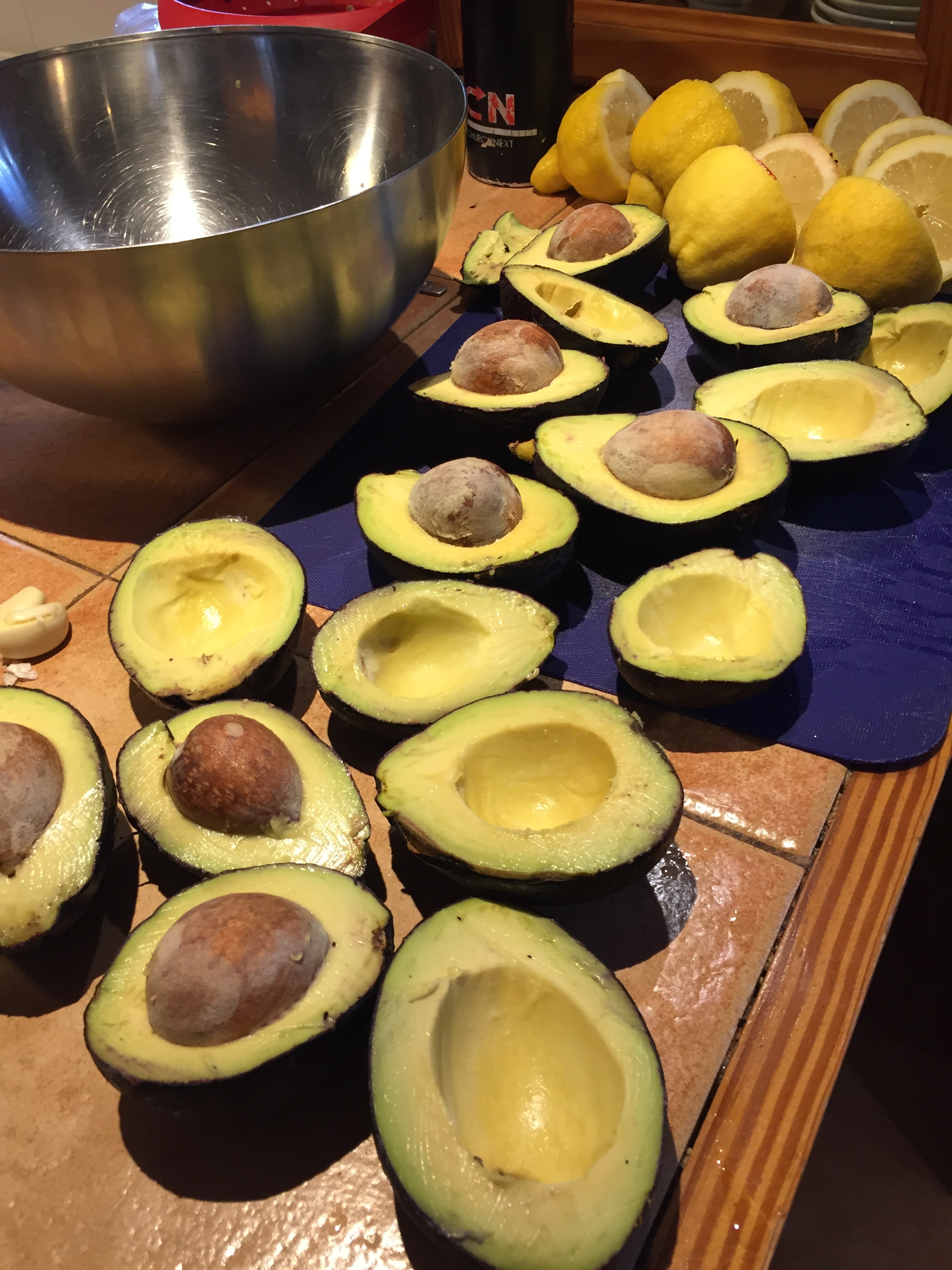by Jeff Simons
Phantom I: Loss (and his twin, Grief)
I sit in the gorgeous chapel of a Retreat Center outside of Woodland Park, in view of Pike’s Peak, for a 4-day spiritual retreat…I’m asking the Father… and listening… and trying to find my way into healthy grieving and mourning of my earthly father, who passed just one month ago, at the age of 83.
Three months ago, in an attempt at a Covid-clouded family reunion in Mexico, and celebration of my parent’s 60th anniversary, my dad’s health took a major dive on day 1 of the trip; and we almost lost him. I ended up stuck in a hospital in Mexico with him for 10 days as he went through severe and unexplainable symptoms, complete loss of reality and memory, and all the messy and visceral challenges that come with a body and person breaking down.
We finally got him back to California, to the care of his doctor and several specialists. The cause remained an undiagnosed mystery, but he began to bounce back and was able to eventually return home. A few weeks later, however, a major stroke and stage-4 pancreatic cancer diagnosis found him being transitioned to his final few days in hospice. We were all barely able to gather as a family to say our last goodbyes, and put together a memorial service.
After what was a whirlwind of emotions, we are all left to figure out how to navigate the grieving process in our own ways…
This is death #5 in our family in the last eight months.
It’s been 2.5 years after our decision to move back from over 8 years of service as a family in Spain, and then the resulting transition to follow, complicated and elongated awkwardly by the Covid pandemic.
In part of the group discernment process that Sara and I underwent to decide whether it was time to: 1) leave Spain, 2) move off the team I was then serving with, and 3) stay with the same organization; one thing became very clear from the the Lord in that time…It was time to return to the US for a season of parent care.
Now, my parents as well as Sara’s had experienced some ailments thus far, but nothing so urgent that we felt pressured to quickly move in hope of being with them in their final days. However, it was apparent on our hearts, and those on our discernment team, that this was becoming a priority, on the personal front.
I carry great gratitude now to the Lord for His leading us to be Stateside these past 2 years, and to have some more quality moments with my parents before my dad’s passing. There remain areas that we are still in transition and stabilizing as a family in Colorado; and the decline of my father’s health, more pre-mature than any of us imagined, has been a significant part of this transition for us.
Transition, no matter how positive, no matter how “well” things are going according to plan, or no matter how tumultuous and sudden it is, come accompanied by two surprising and unavoidable undercurrents (phantoms, really) that we are often not aware of, and rarely give enough credit to, until they sneak up on us:
Loss (and his twin, Grief)
and
Illusive Stress
Here’s what I’m being reminded of in this sudden time of grief. Both of these phantoms:
diminish our capacity and efficiency by at least 50% while in transition, and surround us in a fog.
neither can be sped up—though much can be done to slow down or stall your journey, if you’re unaware.
require more internal and emotional work, rather than external fix-its or solutions—they can’t be intellectualized away!
and despite the level of humility the Lord has transformed us toward, we ALL struggle with admitting that these “ghosts” are present, and that we cannot expel them on our own, despite our perceived strength!
We need help.
Loss and Grief come at us from a variety of trajectories, and often in combination(!), during transition:
They’re Inside you!
What is my identity now in this “no man’s land”?
Where is God in all of these rapids? And if you had to depart unexpectedly or suddenly: Does God know what He’s doing? Why bring me all the over here after all that work, time and transition to simply pull me out, all of a sudden?
What are my gifts and skills rooted in now, and will they find root again in a meaningful and impactful way.
As Kenneth Haugk(*) reminds us: “Grief is normal, natural, and necessary.” It happens to everyone, it cannot be avoided, it is NOT a sign of weakness (though left unattended, it can be very harmful), and you can only go THROUGH it, not around it. So, give yourself permission to grieve, knowing that the wise and strong response is to embrace it, befriend it, feel it, find God waiting for you right in the midst of it to make you stronger, and to allow the Body to journey in it with you.
Loss & Grief, the 2-headed phantom, manifest in us in different ways at different times for different people: some have trouble sleeping, others find it hard to get out of bed. Some find their minds preoccupied and unable to focus on tasks, reading or decision making; others find themselves laser focusing on one thing, and unable to take in the bigger picture around them. Others find themselves trapped in the loop of processing, conflict in relationships, and the “what ifs” they could have chose.
These are all normal human responses to grief and loss, you are NOT GOING CRAZY, and there is an extra need for grace for yourself and others in this season. Having a safe place to process this, with a trained therapist or pastoral counselor is always a plus, especially if it seems totally overwhelming, or if there is potential of harm to yourself or others.
Making Friends with the Phantom
Here are some suggested ways to engage grief well, learned from our own journeys, and that of Kenneth Haugk:
As you identify your losses during transition, list them out! Then, do small acts to commemorate the losses, on your own or as a family. For example, create some space and time, light a simple candle, name the loss aloud, leave space for it to be acknowledged, felt and honored, then blow the candle out when you’re ready. Repeat for each loss, and repeat the practice as needed or desired. Think of other simple actions you could take that have meaning for you, and are easy and mobile during transition. This will help provide tangible “rails to run on” for healthy grieving.
Leave space and grace for others and yourself. As we mentioned, everyone will ride through the grief waves and emotions in their own order, timing, and in their own way. Don’t prescribe for yourself or others a particular WAY to do it. Try to practice grace at the same level God extends grace to you…
Use a variety of ways to engage your body and creativity! Remember, grief has to be worked out emotionally and spiritually, not so much intellectually. Go for a walk or run, do art, journal, lift weights, yell in a pillow or in your car, do yoga, try new prayer methods, stand up and “shake it out” frequently. Find ways that fit you! Feel free to try different methods over time.
Take Care of YOU: Attend to your emotional, relational, physical and spiritual needs in transition. Many in ministry are used to caring for the needs of others, and often neglect their own needs. This is a time that calls for righteous counter-intuition! The better you care for yourself during grief, the better you serve others! Plan to take a slower pace in order to make space for this healing restoration. You do not need to prove to yourself or ANYONE anything by trying to force and push the grief and transition to materialize faster. Either God is taking care of this transition season, and you can trust Him; or you need to foolishly push and pull and stress things out in the decision making, which almost always ends up slowing the transition season, and increasing the pain that goes with it, for you and those around you!
Be Patient with the Fog: You are, in many ways, suspended in no-man’s land during this time. If transitioning internationally, you may be in international waters. You’re past immigration and customs, you’re waiting at a gate, but you’re not firmly in either the place you called home, or the place you used to call home. (I’ll let you decide which is which!) Or you feel like your life is hanging somewhere over the ocean still, though the plane has landed already.
Or maybe there is no place to call “home” in this season! There can be an invigorating adventurousness to transition, like the adrenaline of a trapeze artist who has released grip on one swing, but is mid-air and wondering if the other swing will arrive in time! But usually “overwhelm” is the heavier force… of decision-making, of unanswered questions, of unnamed losses, the results of the dis-integration happening in your life. People often use some of these terms to describe the phenomenon: “a second spinning brain that won’t turn off, trying to figure it all out, even while I’m sleeping”, “forgetful and confused”, “making silly mistakes I don’t normally make”, “like I’m just going through the motions, but feel robotic and cut off from my emotions”, “functioning at 50%”, “disoriented, floating, delayed”. Be patient and graceful with yourself. The fog will diminish, and you will return to your normal capacity in time.
Lastly, but most importantly, I’m reminding myself, that God is just as present, perhaps even MORE SO, right in the center of your/my grief, as He is in your joyous seasons. It may be difficult to feel or sense Him amidst all the movement and noise, but just as we see throughout the Psalms, he invites us to approach his throne with confidence, and to bear our true feelings and hearts to him. That is the place where He meets us in the most powerful and transforming way, and shares in our grief.
In my listening during this time in the mountains, God brought to my remembrance a vision he gave me 3 years ago, before even the decision to return the the States was on the table. I was knelt at his feet, and he said to me, I will be your “Stable Father”. This name for my grief Companion now takes on a whole new meaning as He sustained me this past few months through the dark days of the mental and physical instability of my own dad. And though my earthly father is no longer with me, my stable Father shares in my grieving alongside me and invites me into a new aspect of communion with Him.
Peace and courage on your journey of discernment and re-integration during the losses (and GAINS!) of your transition.
You are not alone…
For reflection:
If grief follows you, is alongside of you, out in front of you and behind you—consider, where are you currently most impacted by it?
What are your thoughts on when you are “supposed to” move back from cross-cultural living, to attend to the parent care season? What assumptions do you, your parents, or your organization hold?
[Pictured above: Christ accepts help from Simon in a moment of his deepest grief. We too can reach out to the Body in our own grief!]
For further reading:
A Grief Disguised: How the Soul Grows Through Loss, Jerry L. Sittser
A Grief Observed, C.S. Lewis
Journeying Through Grief: 4 Book series, Kenneth C. Haugk
















